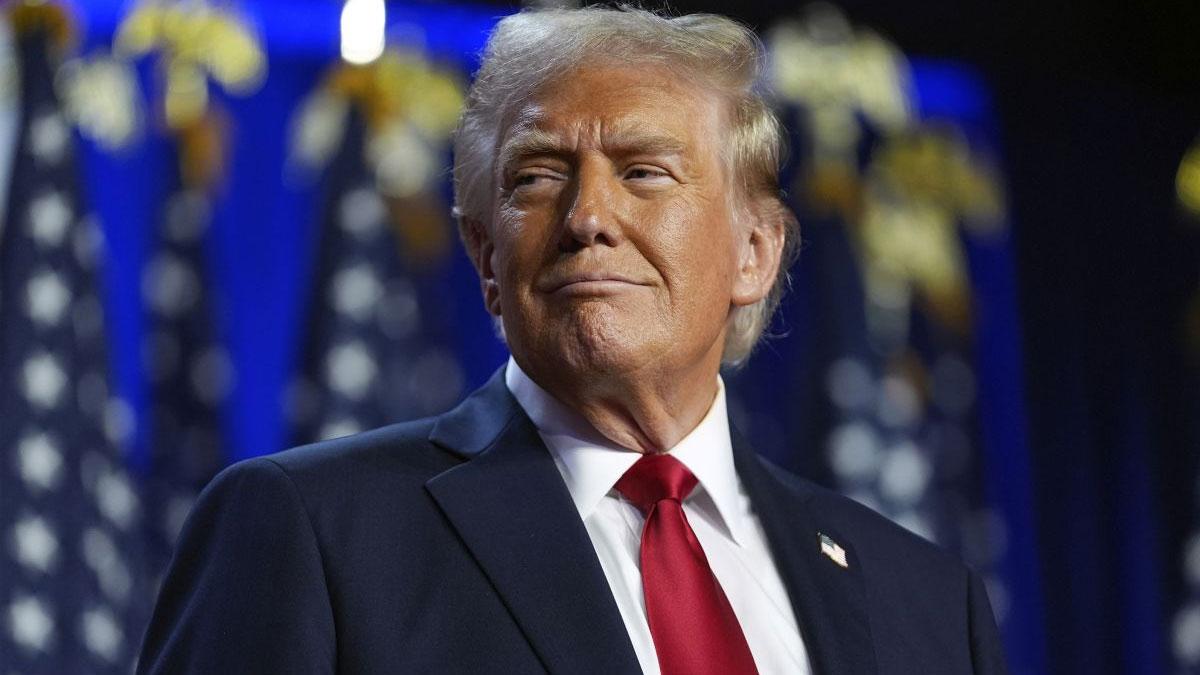The Trump administration is coming into more and more conflict with the U.S. judiciary regarding its controversial policy of deporting suspected criminal gang members—now classified as foreign terrorists—to El Salvador.
A federal judge threatened on Wednesday to hold the administration in criminal contempt after it disregarded his instruction to return a plane carrying Venezuelan migrants to the U.S. These migrants were being returned to a notorious high-security prison in El Salvador.
Yesterday, another federal judge was similarly irritated with the Justice Department for disregarding a court order to send back to El Salvador a migrant, Kilmar Abrego Garcia, who had been inappropriately deported despite a court-ordered stay on his removal.
The judges' actions—taken individually but related cases—have precipitated a wider constitutional confrontation, testing the limits of executive and judicial power.
Despite threats by the law, the Trump administration has largely disregarded the judiciary. Judge James Boasberg asserts that there is likely cause to hold the administration in contempt for not allowing the deported migrants to challenge their removal in an American court. He emphasized that the orders of the courts have to be complied with, even by officials in the executive branch.
The Department of Justice said that once the plane took off, no jurisdiction would be applicable to the courtroom. Moreover, it refused to release details about the deported group, citing national security concerns and invoking the Alien Enemies Act, a very rarely invoked statute passed in 1798.
238 Venezuelans were linked to Tren de Aragua, a ruthless gang recently placed on the foreign terrorist organizations list, under the administration. It claimed that such deportations are allowed under the law without usual judicial scrutiny.
Boasberg, though, clarified that his order did not require the deportations to be reversed but only to grant the migrants the legal right to challenge them. He warned that failure to comply would force him to hold the officials accountable on oath and even to name a special prosecutor in case the Justice Department did not act.
The government will appeal his ruling to the Supreme Court, which previously had upheld in part the government's argument that the Alien Enemies Act could be invoked but also safeguarded individuals' rights to protest deportations under it.
In the companion case of Kilmar Abrego Garcia, mistakenly deported to El Salvador, Judge Paula Xinis directed him to be returned, warning the government against what she termed "gamesmanship or grandstanding."
Read also| California sues Trump administration over 'unlawful tariffs'
Read also| Melinda Gates Labels Divorce from Bill Gates 'Necessary'; A Look at Both Perspectives


















